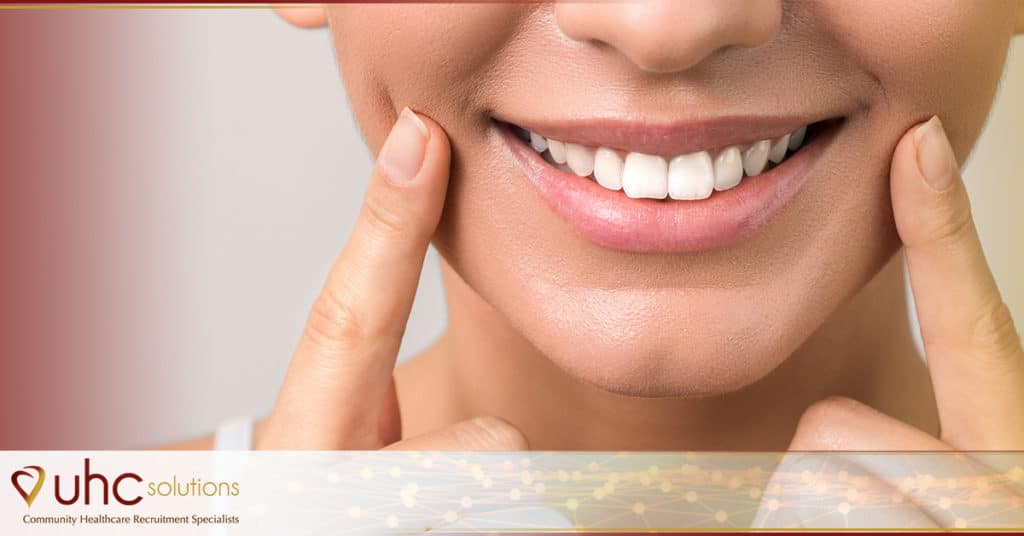Your oral health plays an important role in your overall health. When your mouth is healthy, your body will be more likely to be healthy, too. You know you’re supposed to floss and brush every day but how does the health of your teeth and gums affect the rest of the body?
FQHCs provide oral healthcare to countless people in underserved and low-income communities. Here’s what you need to know about the connection between oral and physical health and why community healthcare organizations work so hard to improve the health of their patient’s entire bodies—including the teeth and gums.
When Community Health Centers provide oral healthcare services as a part of a patients primary care services, it provides the opportunity for treatment before an illness becomes acute or being “too late” to prevent the problem from becoming systemic. Additionally, it prevents the patient from using Emergency Room Services, where patients do not receive the same “primary care” treatment as they would within the FQHC. The cost of treatment is also effected, resulting in additional stresses that could be negated if the patients oral health had been tracked by a single provider or dental group.
Why Does Oral Health Matter?
Studies correlate periodontal disease with other health disorders—and vice versa. Diabetes and HIV/AIDS are two examples of illnesses that increase the chance that oral problems can become severe. We know osteoporosis weakens the jaw bones, causing tooth loss. Aging and certain medications, such as antidepressants and antihistamines, reduce saliva, the body’s natural defense for fighting mouth bacteria.
Poor oral health can also contribute to:
- Cardiovascular disease is linked to inflammation caused by poor oral health.
- Endocarditis is an infection of the inner chambers of the heart. The disease occurs when germs and bacteria move from other parts of the body, including your mouth, into the heart.
- Premature birth and low birth rate.
- Pneumonia and respiratory infection.
To help prevent these illnesses, there are a few steps you must take every day. Let’s go over them briefly.
What are the Rules to Promote Good Oral Health?
The mouth is full of bacteria, of course. So, keeping bacteria under control is a job if you want to avoid painful gum disease or tooth decay. Good daily oral health includes:
- Brushing your teeth at least two times each day for two minutes at a time.
- Use a soft-bristled brush and fluoride toothpaste.
- Floss the whole mouth at least once a day.
- Use mouthwash to rinse.
- Limit your intake of sugary drinks and food.
- Drink more water and stay hydrated.
- Avoid tobacco use.
Having a six-month checkup with a qualified dentist will help you spot problems before they become serious. Never put off a dental visit, either. Preventative treatment can do you a world of good.
How Can FQHCs Make a Difference?
Federally qualified health centers (FQHCs) and other community providers understand the link between oral and physical health. These organizations believe in the bodily triad: Oral, physical, and mental health services all come together daily under the caring services found within the FQHC safety net.
Dental health is too often treated as an elective, but FQHCs remain committed to providing comprehensive, whole-person care across an entire population. These organizations offer low-income and underserved populations a stable, consistent resource to take better care of themselves.
If you are a job candidate considering work in an FQHC, you’ve come to the right place. UHC Solutions works to link qualified candidates with community facilities to provide care and caring to the patients they serve. Talk with our team today to find out how you can make a difference and find meaningful work in an FQHC.




